In recent years, the new energy vehicle industry has been rapidly developing, and China has even achieved a leapfrog in the field of automobile manufacturing, with its battery technology leading the world. Generally speaking, technological advancements and increased production scale can lower costs, resulting in improved quality and reduced prices for end products. Today, this article analyzes the cost perspective of new energy vehicle power batteries, focusing on whether consumers can afford higher cost-effective new energy vehicles after the commercialization of sodium-ion batteries.
01 Cost Composition of New Energy Vehicles
The main cost components of pure electric vehicles in the new energy vehicle sector are roughly as follows:
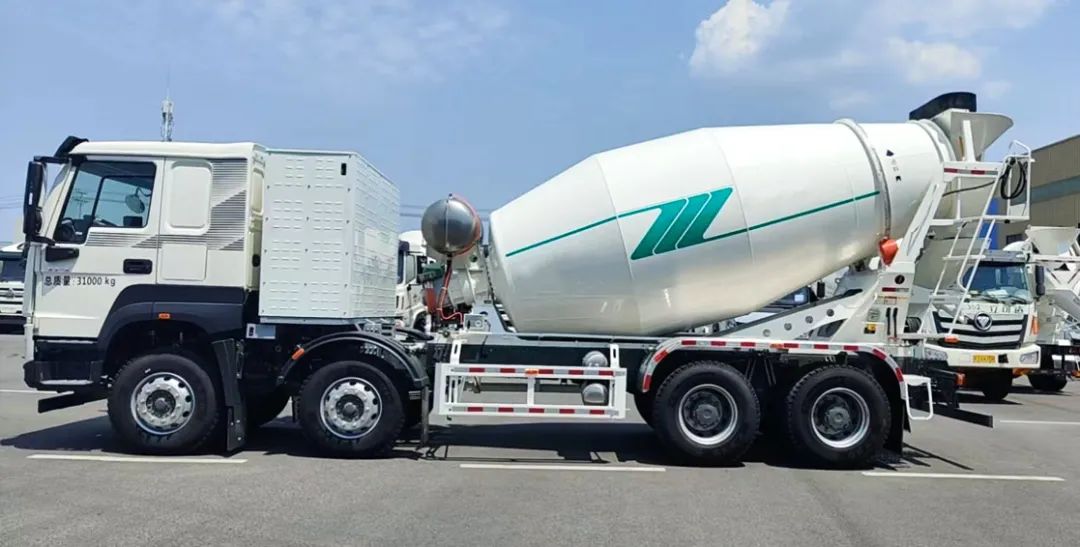
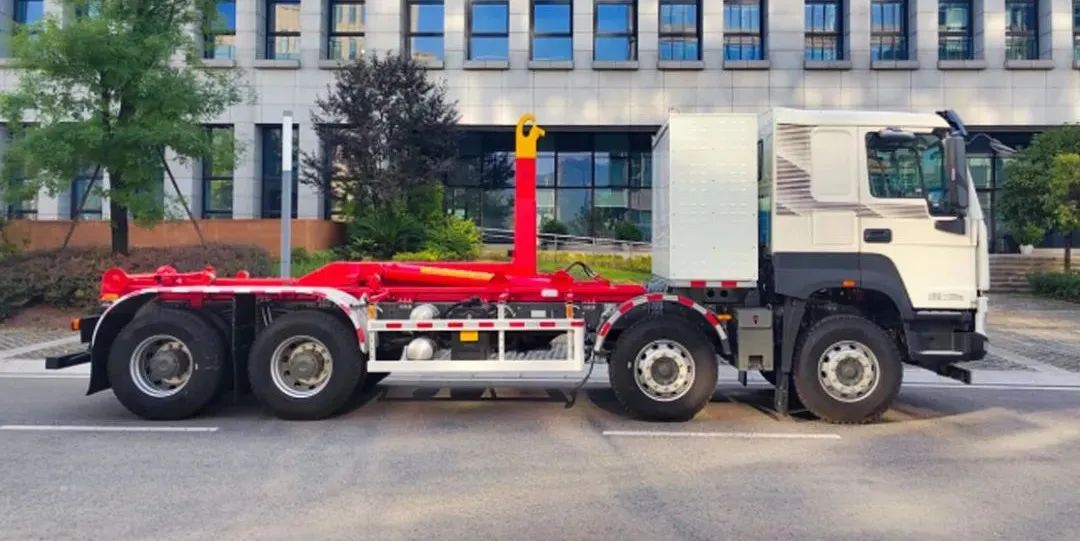
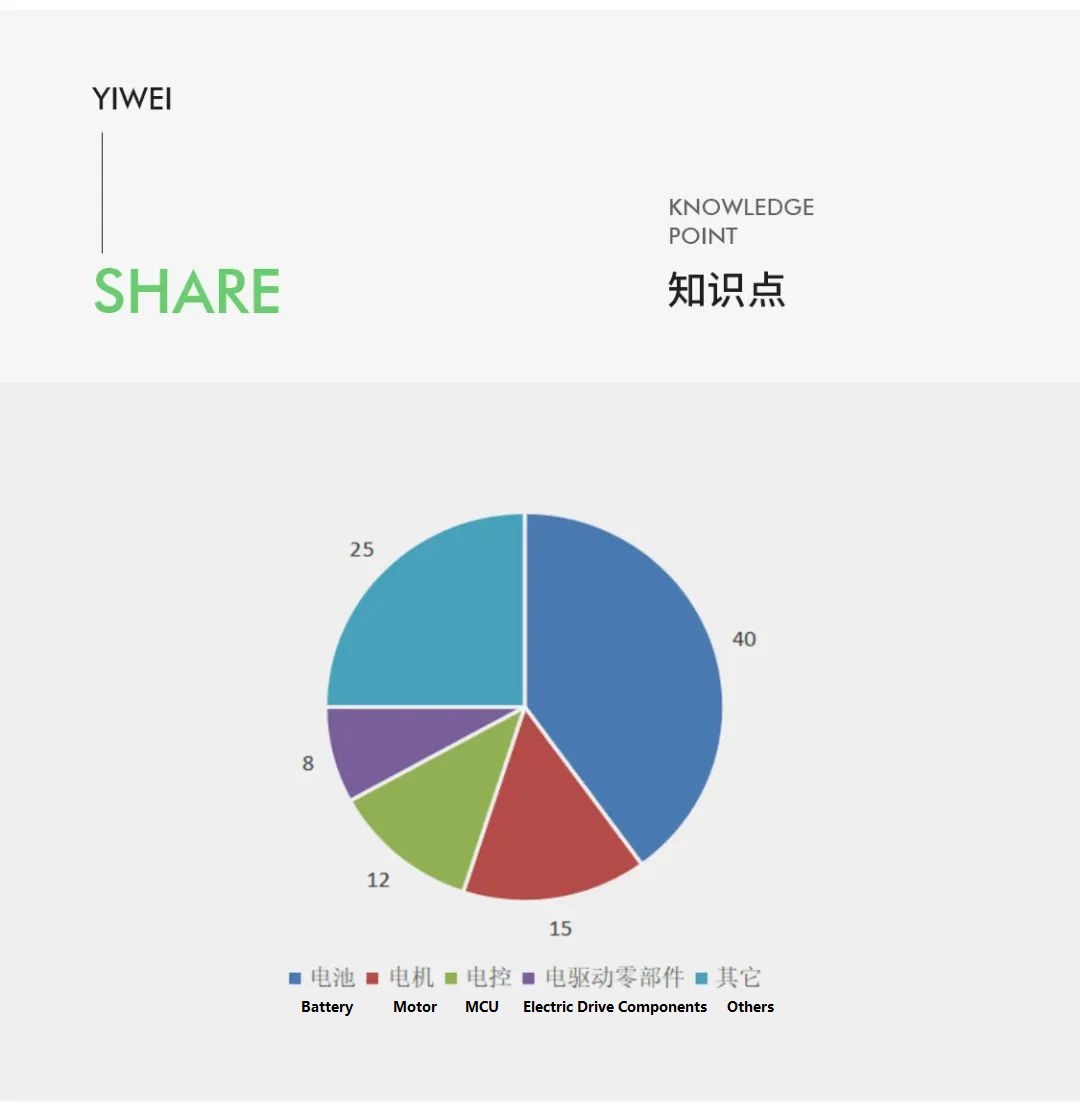
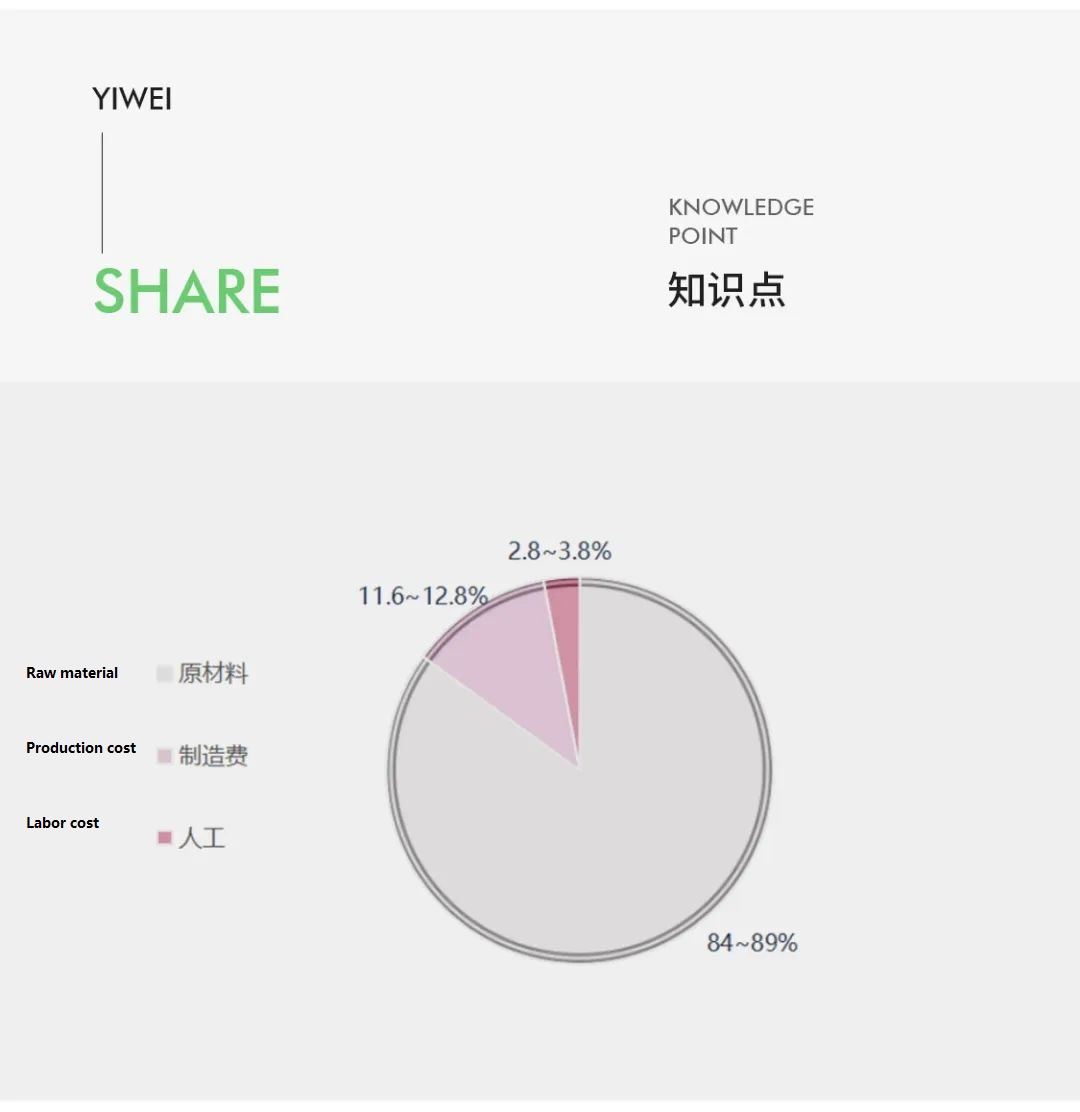
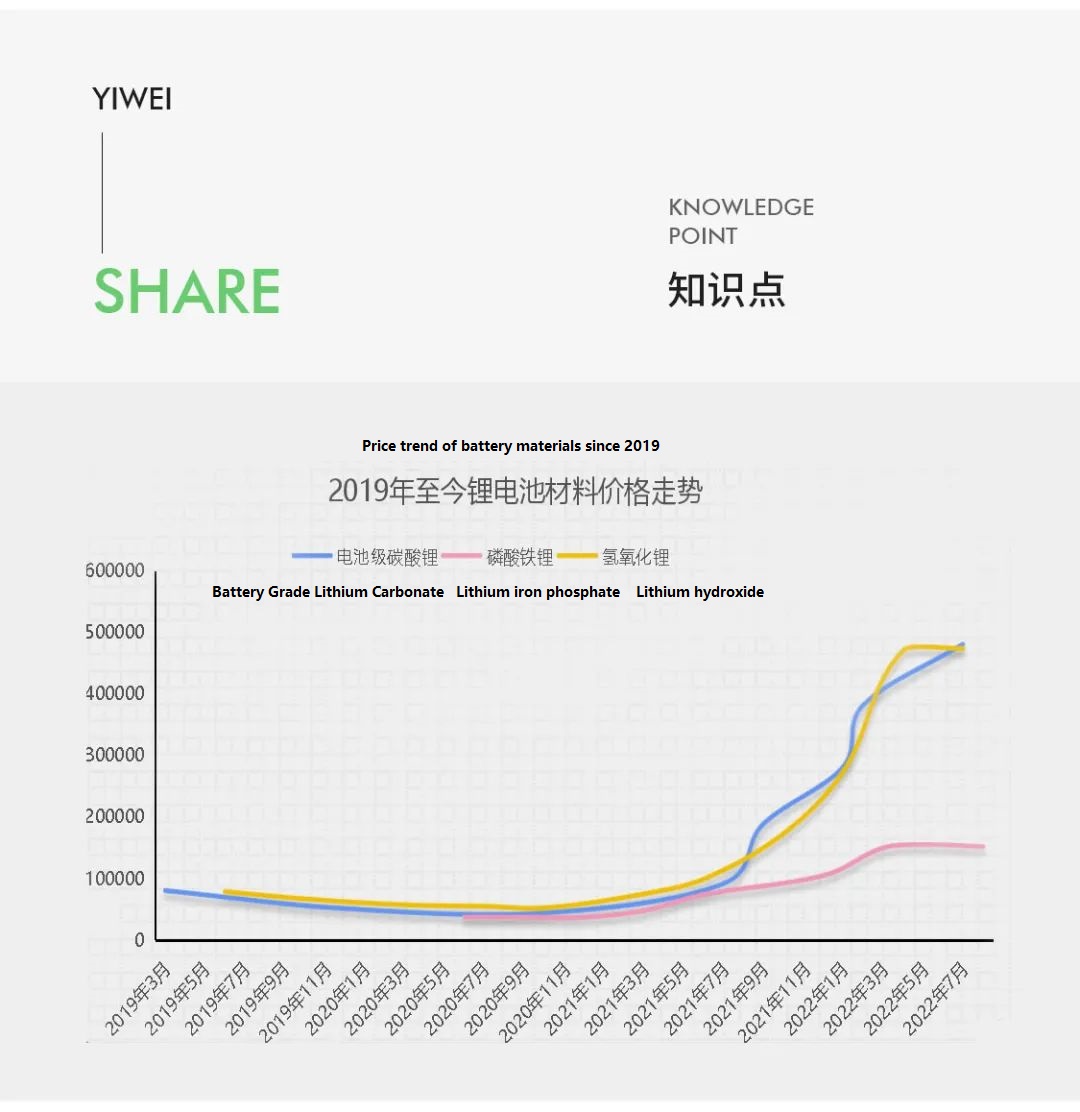
From the data in the graph, it is evident that the battery is the largest factor influencing the overall vehicle cost. As battery costs increase, they are inevitably passed on to end products. So, how are power battery costs determined?
02 Cost Composition of Power Batteries
Clearly, raw materials are the decisive factor in determining power battery costs. Data released by the China Automotive Power Battery Industry Innovation Alliance shows that compared to the beginning of last year, the average price of mainstream ternary lithium battery cathode materials has risen by 108.9%, while the average price of lithium iron phosphate battery cathode materials has increased by 182.5%. The average price of ternary lithium battery electrolytes has increased by 146.2%, and that of lithium iron phosphate battery electrolytes has risen by 190.2%. Mainstream batteries cannot do without lithium, so let’s take a look at the price trends of lithium carbonate, lithium hydroxide, and lithium iron phosphate:
The increase in lithium battery material prices is driven by the logic that the lithium industry experienced over two years of continuous downturn, resulting in reduced supply due to losses. However, the rapid development of new energy vehicles has also driven the demand for lithium batteries. Countries worldwide have set targets for vehicle electrification, intensifying the supply-demand contradiction and leading to a sustained increase in lithium battery resource prices. In such a context, how can power batteries not increase in price?
03 How Far Are Sodium-ion Batteries with Better Cost Performance for New Energy Vehicles?
Given that lithium mineral resources are extremely limited on Earth, as of 2020, the global lithium ore (lithium carbonate) reserves were 128 million tons, with resources of 349 million tons, mainly distributed in countries such as Chile, Australia, Argentina, and Bolivia. China ranks fourth in terms of proven lithium reserves, accounting for 7.1%, and third in lithium ore production, accounting for 17.1%. However, China’s lithium salts are of poor quality and difficult to produce and process. Therefore, China mainly relies on importing Australian lithium concentrates and South American lithium salts. China is currently the largest consumer of lithium globally, accounting for approximately 39% of consumption in 2019. In the short term, lithium resources are limited due to imports, and in the long term, the development of lithium-ion batteries will inevitably be restricted by lithium resources. Therefore, sodium-ion batteries, which have abundant reserves, cost and safety advantages, may become an important development path for the battery industry in the future.
In fact, as early as July 2021, CATL (Contemporary Amperex Technology Co., Ltd.) had already released a sodium-ion battery and announced the launch of its industrialization layout, with the basic industrial chain set to be formed by 2023. Another piece of good news is that on July 28th last year, the world’s first 1 GWh sodium-ion battery production line was completed in Fuyang, Anhui Province. Sodium-ion battery-powered new energy vehicles are not too far away.
The commercialization of sodium-ion battery-powered new energy vehicles with better cost performance will also greatly contribute to the promotion of electric sanitation vehicles in cities across China. YIWEI Automotive has always been committed to the design and development of dedicated new energy vehicle chassis, integration of power systems, development of intelligent control systems for vehicle-mounted power control, and the development of vehicle networking and big data technologies. We have been at the forefront of the dedicated new energy vehicle industry and have closely followed the forefront of power battery technology, bringing customers in the dedicated vehicle sector more cost-effective, practical, and user-friendly new energy vehicles.
Contact us:
yanjing@1vtruck.com +(86)13921093681
duanqianyun@1vtruck.com +(86)13060058315
liyan@1vtruck.com +(86)18200390258
Post time: Aug-22-2023








